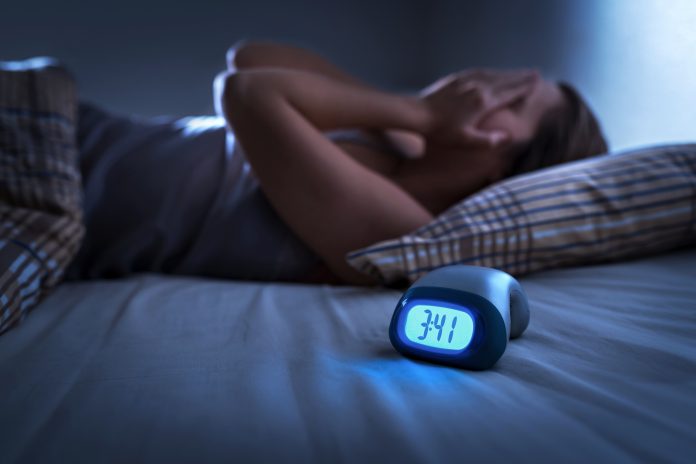A new study has found that having an irregular sleep schedule can increase the risk of bad moods and depression
A team from Michigan Medicine, the University of Michigan’s academic medical centre, have found that irregular sleep schedules are connected to an increase in bad moods and depression, in a new study.
The study measured data of the sleep and mood of more than 2,100 early-career physicians with an average age of 27 over a one year period.
Wearable devices
Using devices worn on their wrists, asking them to report their daily mood on an app and take quarterly tests for signs of depression, the team were able to track the interns’ sleep.
Those whose devices showed they had variable sleep schedules were more likely to score higher on standardised depression symptom questionnaires and to have lower daily mood ratings.
Those who regularly stayed up late, or got the fewest hours of sleep, also scored higher on depression symptoms and lower on daily mood.
Yu Fang, M.S.E., lead author of the new paper and a research specialist at the Michigan Neuroscience Institute, said: “The advanced wearable technology allows us to study the behavioural and physiological factors of mental health, including sleep, at a much larger scale and more accurately than before, opening up an exciting field for us to explore. Our findings aim not only to guide self-management on sleep habits but also to inform institutional scheduling structures.”
Cathy Goldstein, M.D., M.S., an associate professor of neurology and physician in the Sleep Disorders Center at Michigan Medicine, said “These devices, for the first time, allow us to record sleep over extensive time periods without effort on behalf of the user. We still have questions surrounding the accuracy of the sleep predictions consumer trackers make, though initial work suggests similar performance to clinical and research grade actigraphy devices which are cleared by the FDA.”
“These findings highlight sleep consistency as an underappreciated factor to target in depression and wellness,” Fang added. “The work also underscores the potential of wearable devices in understanding important constructs relevant to health that we previously could not study at scale.”
The study has been published in npj Digital Medicine.











